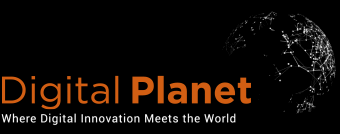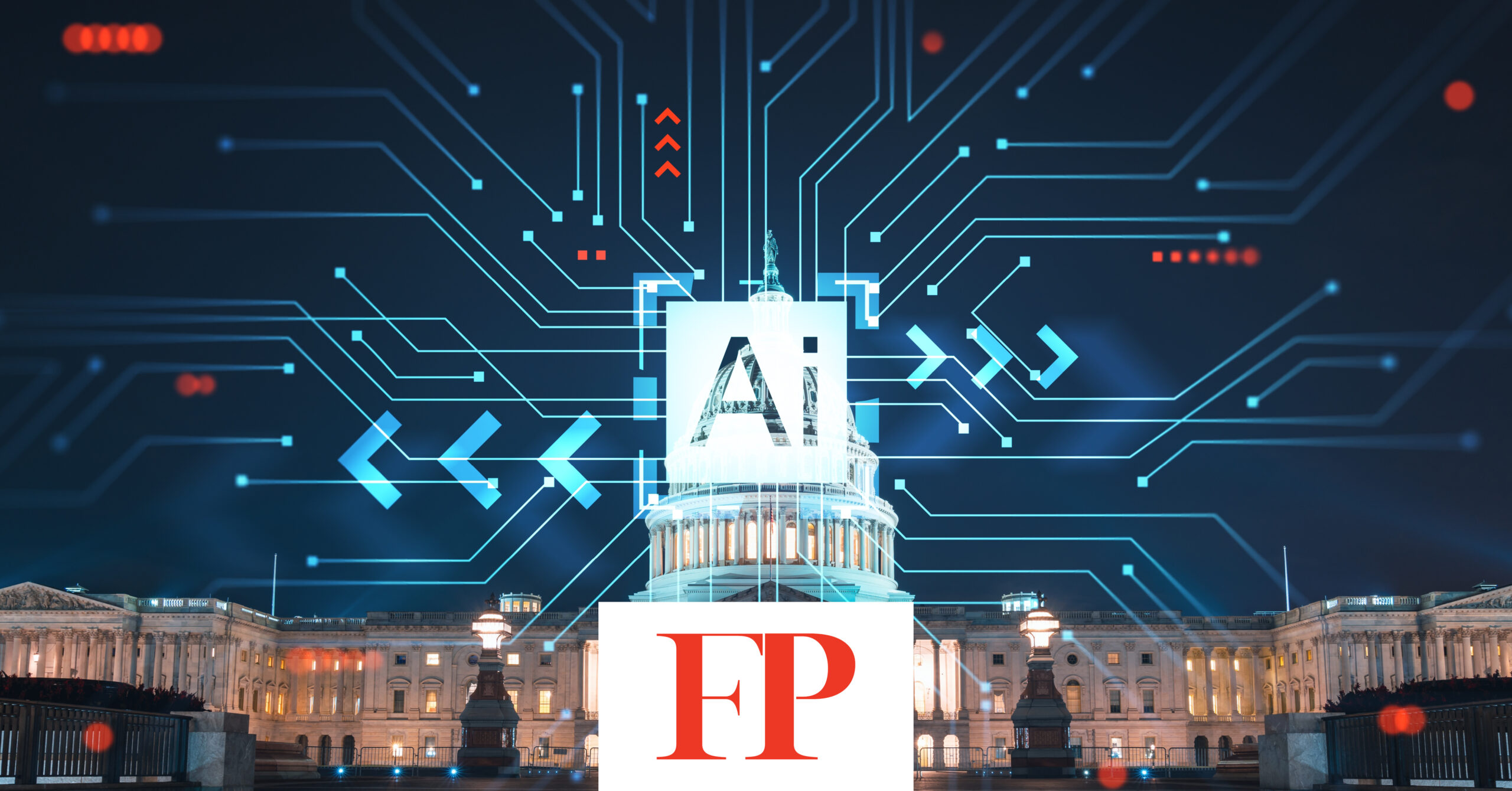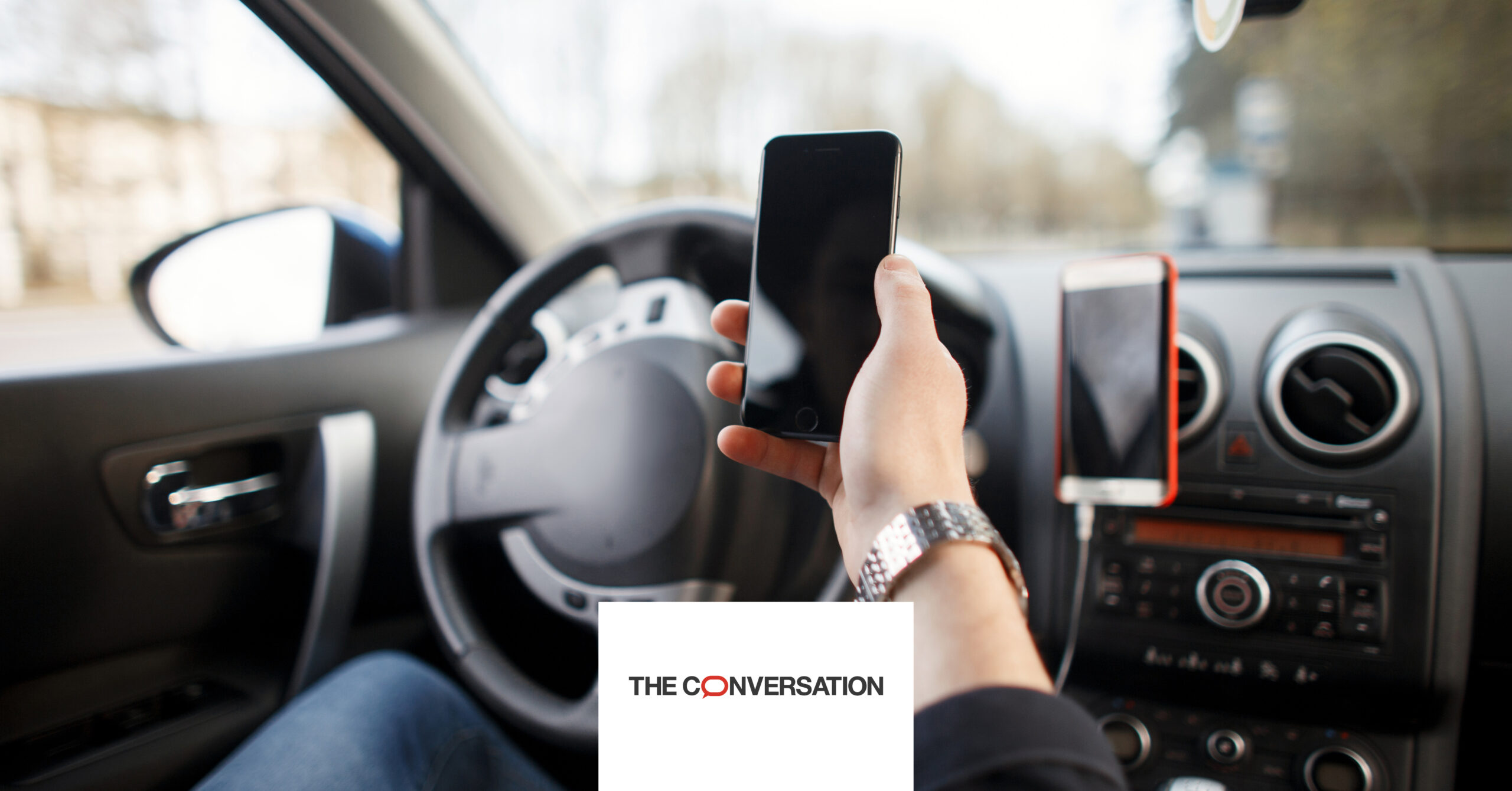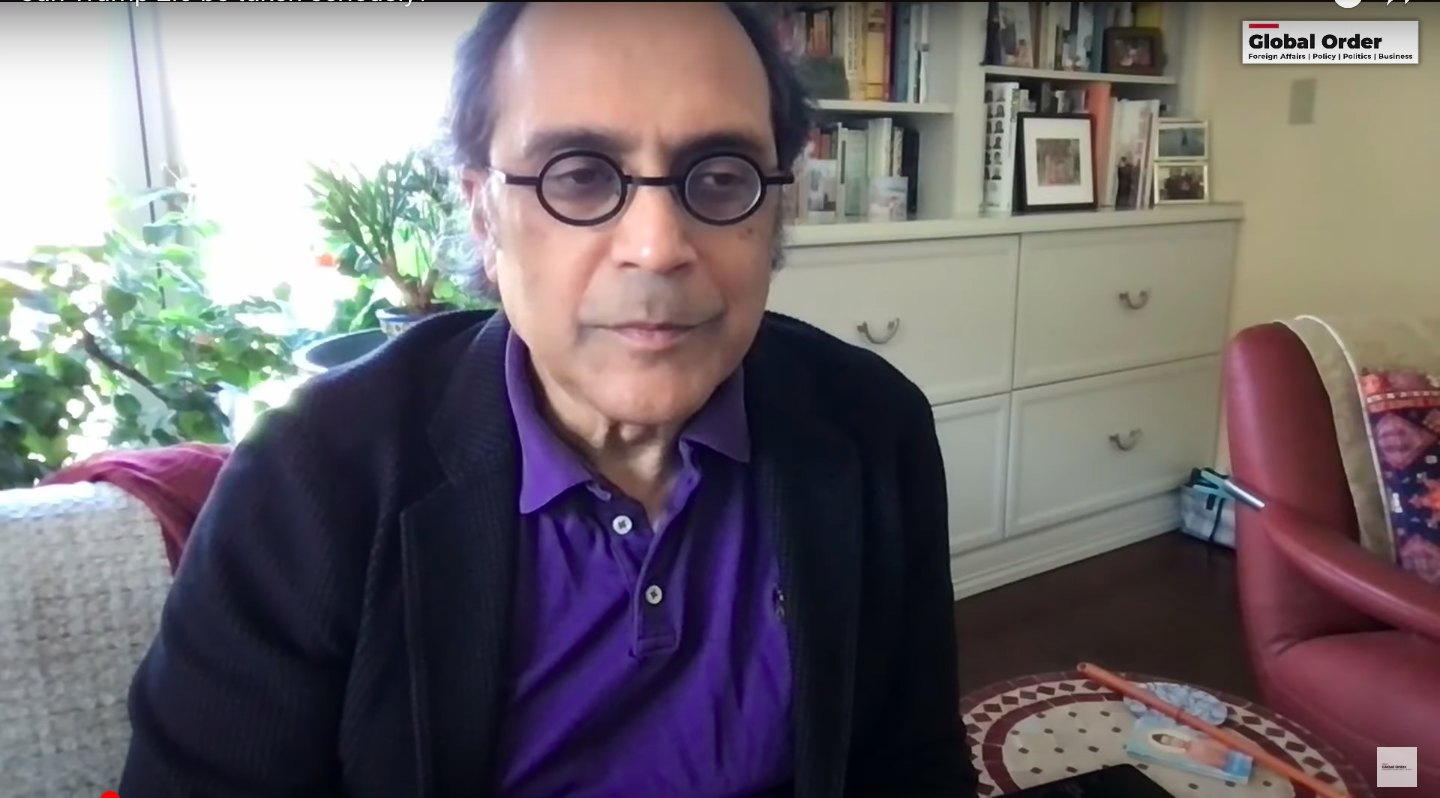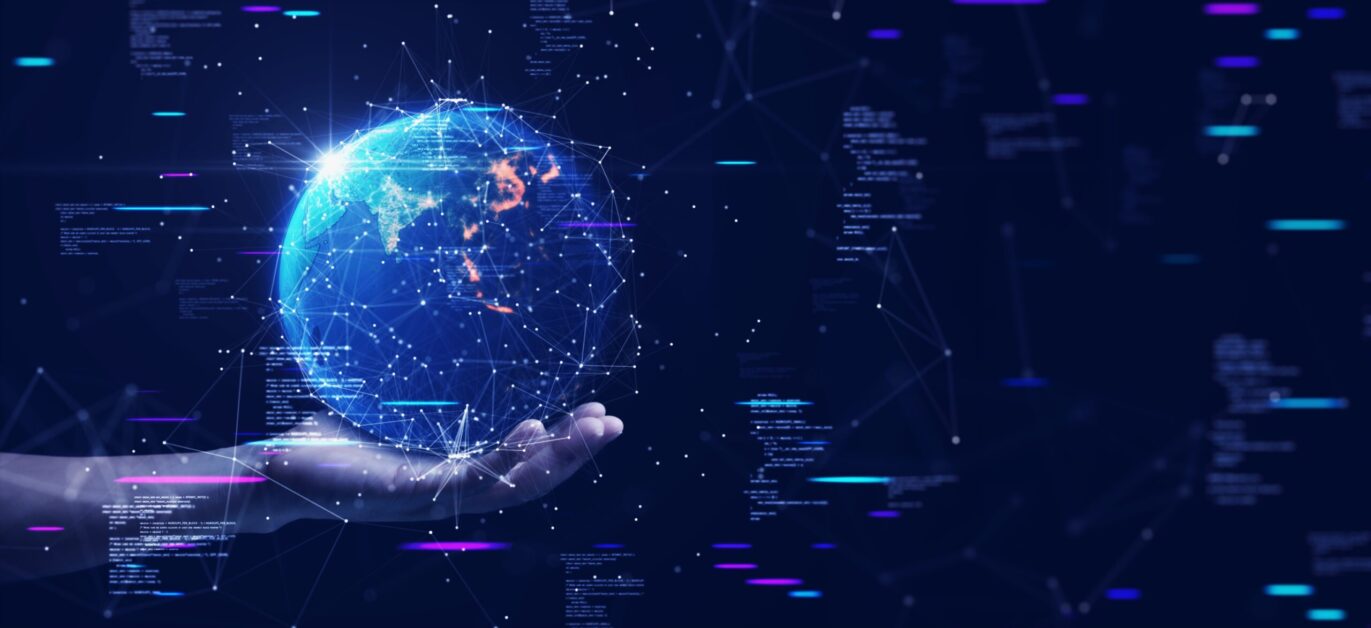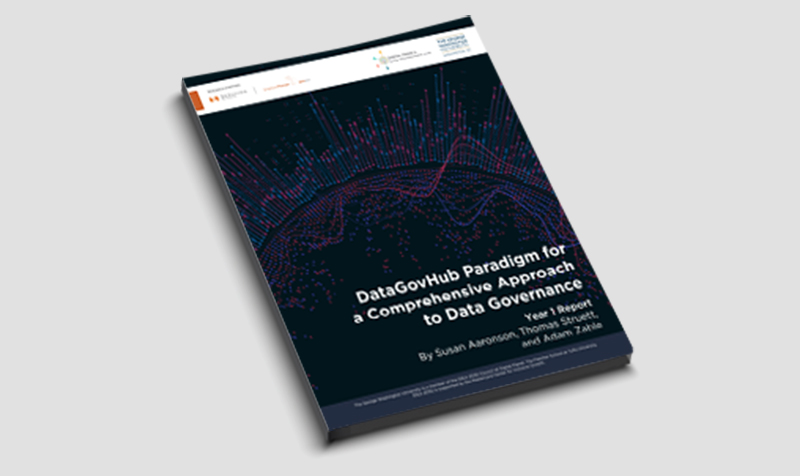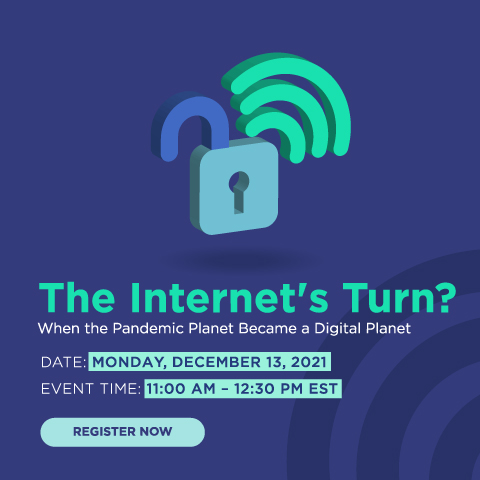Protecting privacy and building trust, as well as improving the technology, will be key to success, says Tufts cybersecurity expert and Fletcher Professor Susan Landau
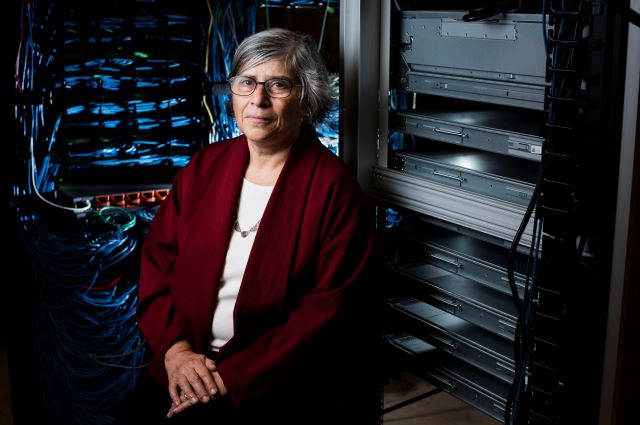
As COVID-19 began to spread last spring, apps were developed to track cellphone signals and other data so people who had been near those who were infected could be notified and asked to quarantine. The novel coronavirus rapidly outpaced such efforts, becoming so widespread that tracing individual exposures could not contain it.
But the issues raised by digital contact tracing—about privacy, effectiveness, and equity—still need to be addressed, says Tufts cybersecurity expert Susan Landau. That’s because a future public health crisis is likely to inspire calls to collect such information once again.
“We now have this infrastructure, and there will be another pandemic,” says Landau, Bridge Professor in Cyber Security and Policy at The Fletcher School and the Tufts School of Engineering. “When another highly infectious respiratory disease starts to spread, we need to know how to design the apps so that their use is efficacious, enhances medical equity, and is, of course, privacy protective.
When developing contact-tracing apps, “you need to be careful not to deploy resources that help the communities that are already doing well and don’t help the other communities,” Susan Landau says.
